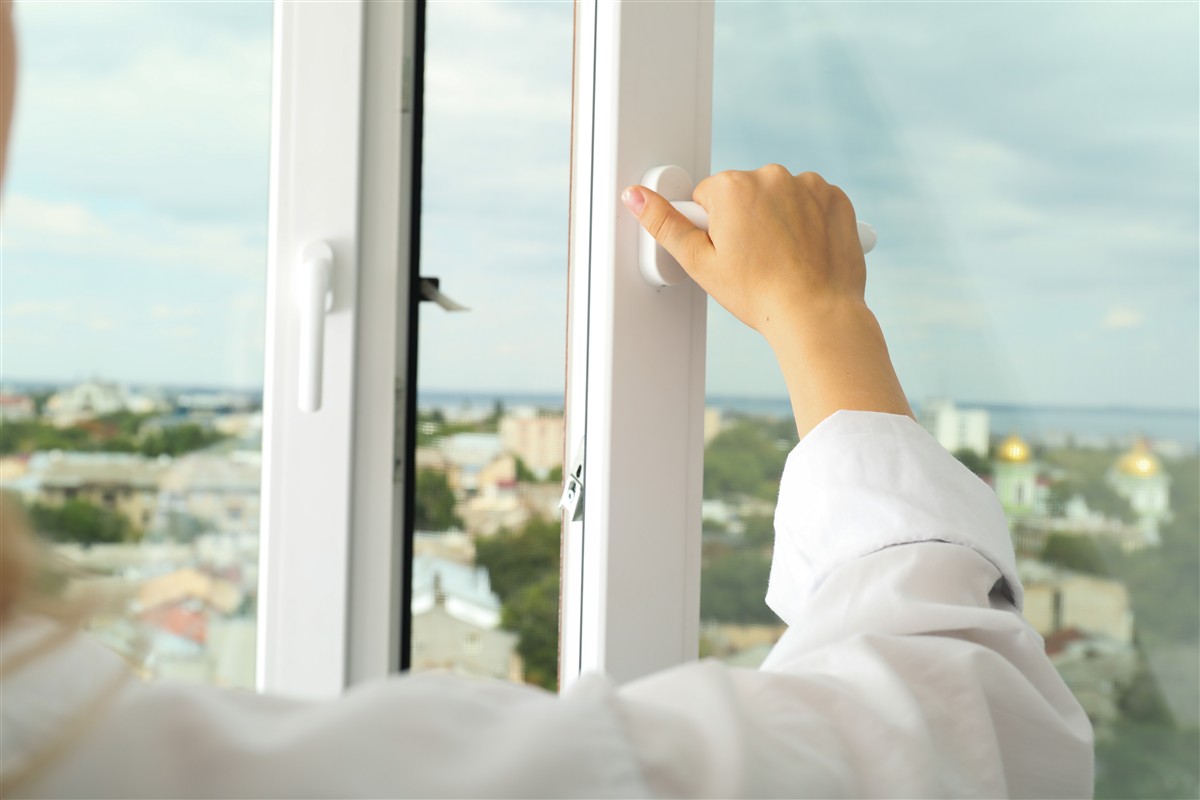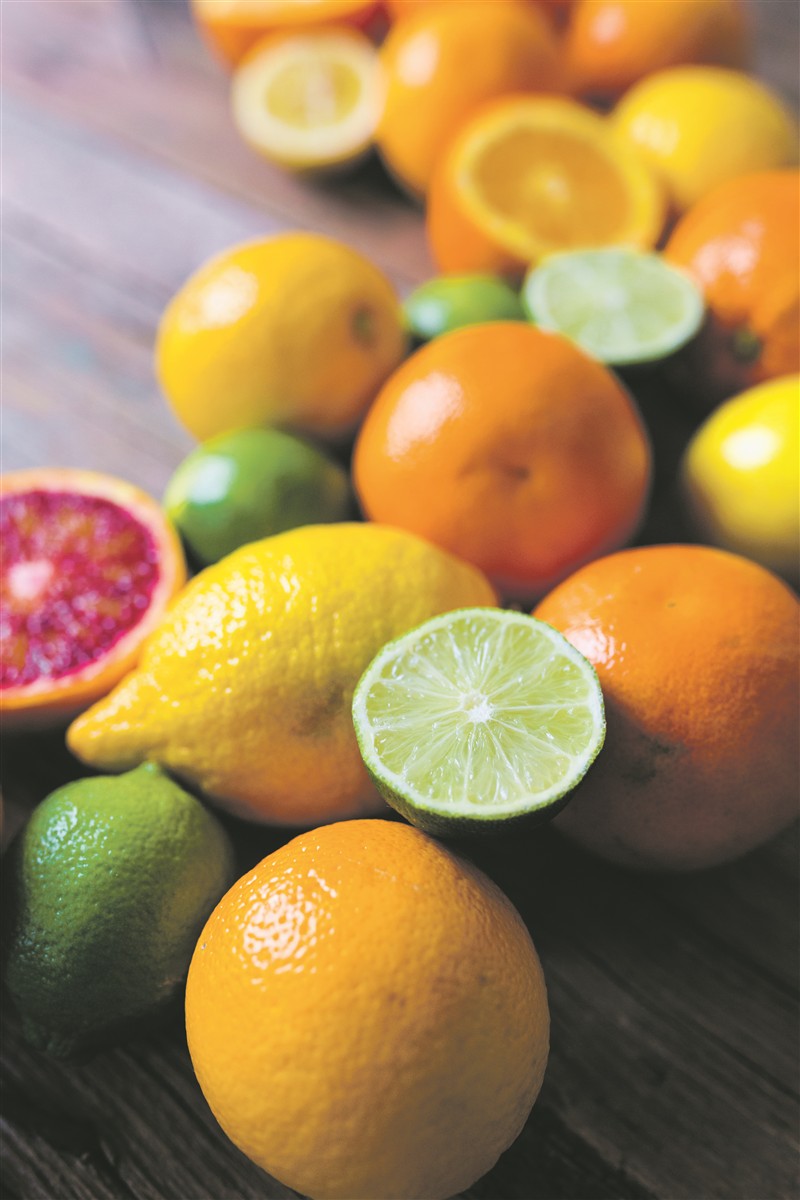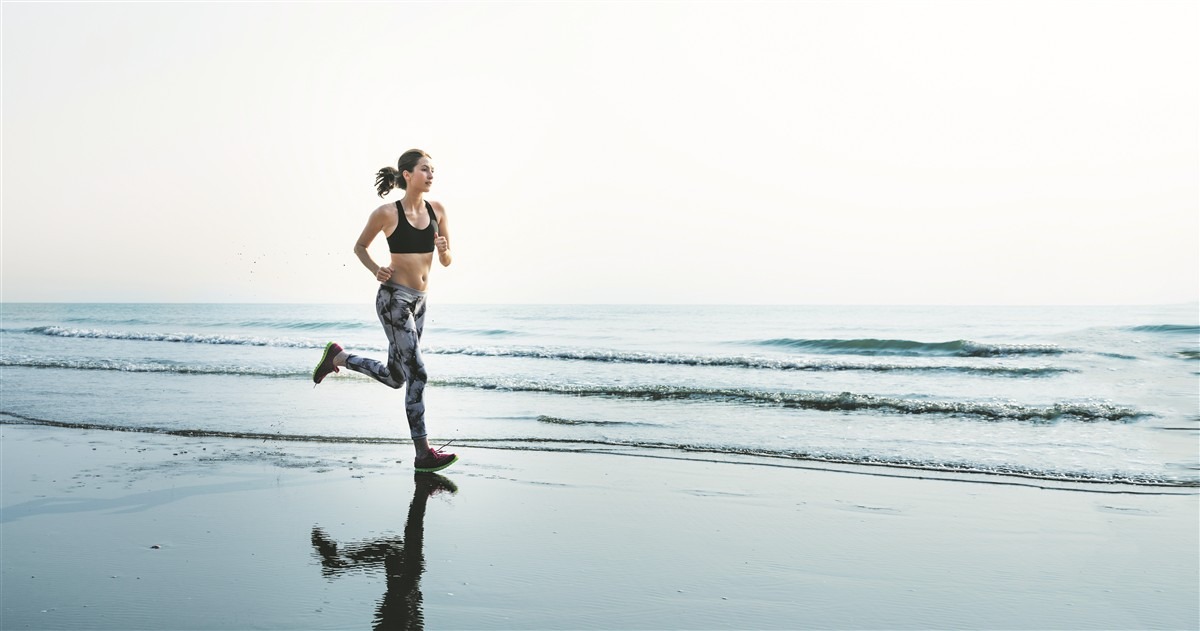
Health Costa Blanca - why humidity makes you ill
Health on the Costa Blanca - why damp makes you ill Mould in the home is more than just a visual problem:

ADVERTISEMENT

Sustainability does not end in the field. It begins there - and continues in everyday life: in our shopping habits, in the way we handle food, in the question of where our products come from. A new understanding of consumption is currently emerging between Dénia and Villajoyosa - regional, transparent and responsible.
A symbol of this change is the Mercat del Riurau in Jesús Pobre. Every Sunday, local producers offer fruit, vegetables, honey, cheese and bread - all from the immediate neighbourhood. The market was founded over ten years ago as a citizens' initiative and is now an integral part of the regional circular economy. Around 40 producers from the Marina Alta regularly take part; many work according to organic principles, even without an official organic label.
The city of Dénia is also actively supporting this development. Through the „Dénia Ciudad Creativa de la Gastronomía UNESCO“ programme, regional food is integrated into restaurants, school canteens and city events. This keeps the added value local - and transport routes are kept short.
In the Marina Baixa, the concept of conscious shopping has now spread to other sectors. In Altea, for example, initiatives such as Planeta a Granel run small unpackaged shops that sell loose food, cleaning products and cosmetics. Similar concepts are also emerging in other towns and cities - small, owner-managed shops that are making plastic-free shopping suitable for everyday use again.
Traditional companies are joining in:
In La Vila Joiosa, patisseries and chocolate manufacturers are increasingly focussing on regional ingredients, sustainable packaging and short supply chains. Even large retail chains are expanding their range: the proportion of certified organic products in Valencian supermarkets has been growing significantly for years, driven by rising demand and new supply structures.
The region is also networking digitally. Platforms such as Agroboca bring producers and consumers together directly - fresh fruit, vegetables and olive oil from the Marina Alta are sold here without intermediaries, usually delivered within 24 hours.
Similar regional online initiatives are emerging around Alicante and Valencia, demonstrating that sustainability also works digitally: Sustainability also works digitally.
The motivation behind this is rarely marketing, but conviction. Local businesses report growing demand - including from newcomers who are consciously looking for regional alternatives. For many families, the weekly market has long been a routine, not an event.
In this way, an economic cycle is slowly growing in which every purchase is a decision in favour of the region. And that is precisely the core of sustainable consumption: not global renunciation, but local trust.
▶ In the next article in this series
How the region deals with what it needs most - water. From desalination plants and reuse to intelligent irrigation: how Marina Alta and Marina Baixa are learning to make every drop count.

Health on the Costa Blanca - why damp makes you ill Mould in the home is more than just a visual problem:

Strengthen the immune system in autumn - use regional products Strengthen the body with regional fruit, exercise, sleep & a Mediterranean diet. Tips

Experience the Costa Blanca actively - sport & nature in autumn Cycling, hiking, tennis, golf & pelota: discover the Costa Blanca